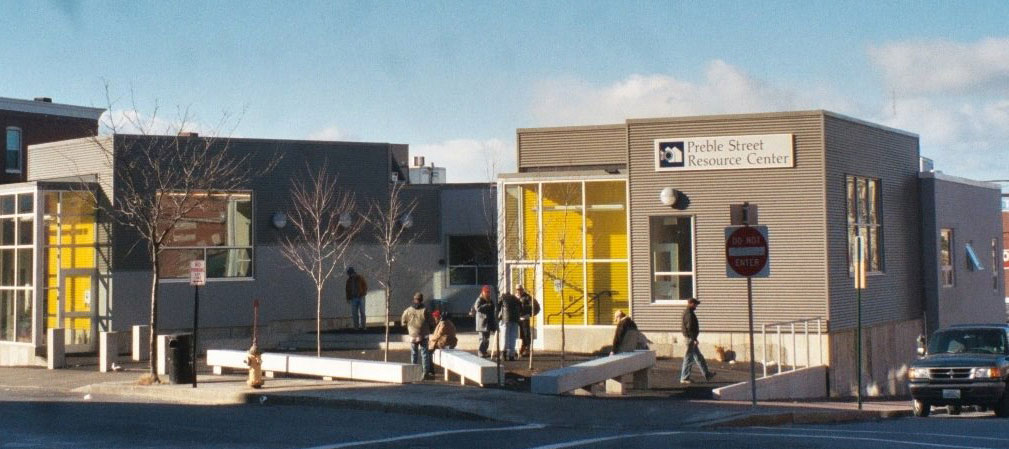
April 27, 2020; Press Herald (Portland, ME)
One challenge of this moment comes in the form of a question about balancing the need to act with alacrity and the desire to share information, power, and resources. As reported by eJewish Philanthropy, based on conversations had with the leaders of Leading Edge, JPRO Network, UpStart, Jewish Social Justice Roundtable, and the Board Member Institute for Jewish Nonprofits, “Executives are enmeshed in crucial conversations about the future of their organizations and need to make quick decisions in those regards. Without access to these discussions or information, employees do not feel empowered to take the initiative at a time when they are most motivated to act in support of their communities.”
How this question gets answered will be critical not just in the present, but for the future state of your organization and our communities.
Hyperallergic reported recently on how this is playing out at San Francisco’s Museum of Modern Art. Staff feel the decisions made by their organization in response to the financial pressures of this time don’t show that they are valued. Despite having layoffs temporarily rescinded as PPP funding was obtained, staff have made “a series of pointed demands to the institution, including enforcing larger leadership pay cuts; de-accessioning artwork; and asking trustees to generate the sum necessary to cover salaries.”
But the calculations some nonprofits made exceeded the question of cash on hand. Maine’s Preble Street, which serves the homeless population, has actually raised salaries in anticipation of what’s now a very hazardous assignment. CEO Mark Swann calls this “the best decision we ever made. I think it really did acknowledge the hard work of the staff and acknowledge the potential financial hardships they might be in.”
The cost of the move is a not-insignificant $150,000 per month, and despite additional donations, Preble Street still worries about covering expenses. But, it has made an investment in a shared endeavor that will be remembered.
As distancing rules are eased and things reopen—either by choice or government order—many things will change. What changes in programming will remain necessary, and what will they cost? Should organizations that have transformed their work through online channels of delivery continue in that vein, or return to their former person-to-person approaches? How will insurance costs grow, and how will they be met?
Sign up for our free newsletters
Subscribe to NPQ's newsletters to have our top stories delivered directly to your inbox.
By signing up, you agree to our privacy policy and terms of use, and to receive messages from NPQ and our partners.
But most importantly, will our behavior during this moment of terrible crisis bring us glory or ignominy? Are we working to preserve a status quo that doesn’t work and has in fact has left us vulnerable, or are we attempting to exhibit a different set of values than what got us here in the first place?
Meanwhile, in New York, the concept of hazard pay for nonprofit workers is being pursued systemically. Thousands of nonprofit organizations are joining a statewide call for the federal government to provide hazard pay for essential workers—which, of course, include workers in many nonprofits:
The proposed 50 percent bonus would provide critical support for a workforce that is, according to the 22 [coalitions and organizations representing thousands of nonprofit organizations across New York], underpaid and disproportionately women of color. The organizations are committed to working with the governor’s office to ensure these workers have all the support they need.
The nonprofit human services workforce includes over 400,000 people across New York, many of whom have been designated essential workers by the governor’s “New York State on PAUSE” order and by state agencies.
As is explained in the press release, “The majority (60 percent) of human service workers qualify for public assistance, with an average salary of $27,830.”
This brings to the fore an issue NPQ has been struggling to surface for some time—the wage ghettos our sector perpetuates among many frontline workers. Still, something about Preble Street’s action in the face of an immediate choice distinguishes them. We’d love to hear from other nonprofits that have made similar choices.—Martin Levine and Ruth McCambridge











